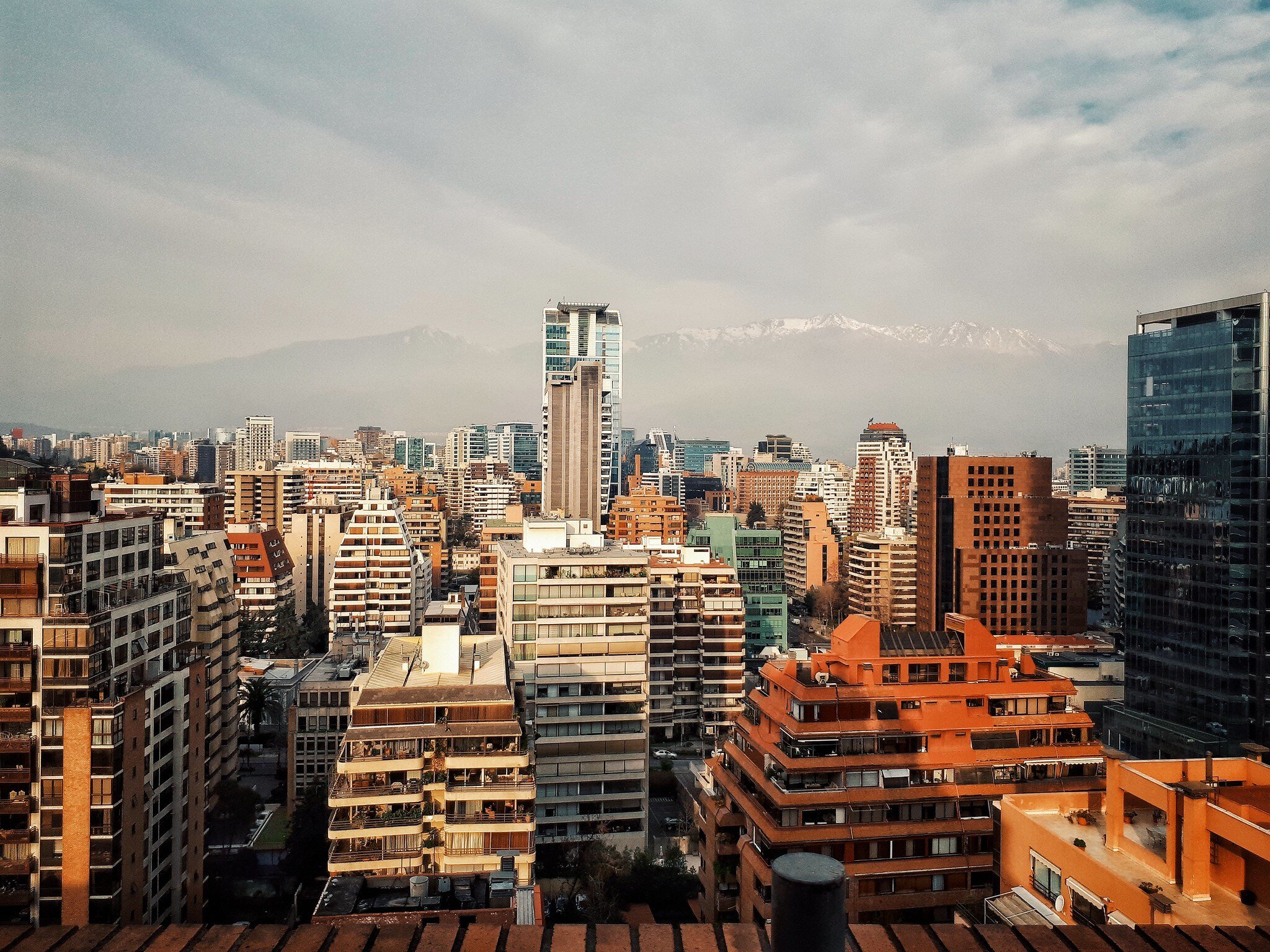The countries in this month’s exchange rate changes all experienced a depreciation with their currencies due to dollarization, balance of payments, and IMF deal requirements. Several of the countries need an IMF package and one of the requirements for these deals is to allow the exchange rate to be determined by market demand. Dollarization of certain economies have all but forced individuals to refrain from using the local currencies. Zimbabwe, Lebanon, and Venezuela are prime examples of this development.
Currencies Losing Value Against the USD
ARS – Argentine Peso
Argentina’s inflation has not slowed in the last few months. The Argentine government decided to print a 2000-peso bill due to difficulties of individuals paying with a large quantity of banknotes. Banks and businesses have asked for this to make it easier not just for transactions, but also for storage purposes. The currency has fallen to a point where an artist named Sergio Guillermo Diaz decided to draw art on the highest valued bills and resell them for more than they are worth.
EGP – Egyptian Pound
The EGP continued to depreciate due to the IMF deal. The deal requires the exchange rate to permanently move to a flexible exchange rate and has accelerated the depreciation of the currency. Prices have continued to rise and some Bloomberg analysts posit that an interest rate hike may occur in the coming months. Egypt, as one of the world’s largest importers, has been heavily impacted by the conflict in Ukraine.
RUB – Russian Ruble
The ruble decreased due to falling oil revenues. The Russian government has sold nearly 9 billion rubles to help cushion a rising budget deficit due to the decrease in oil revenues. As the war progresses in Ukraine, spending cuts have been made and reallocated to the war effort. Putin said that Russia would be suspending a nuclear controls treaty which caused fears of sanctions made from Western powers.
GHS – Ghanaian Cedi
Low inflows of foreign currency depreciated the cedi. Corporate demand for USD increased and the current supply of USD is currently not fulfilling the demand.
SSP – South Sudanese Pound
Speculators and traders have hurt the SSP after the Central Bank announced fiscal measures to help stabilize the currency. Although the weekly auction amount decreased, many are willing to trade larger amounts of SSP for USD. As of late February 2023, the government has banned all local non-SSP transactions.
LBP – Lebanese Pound
The Lebanese Pound continues to depreciate amid the most recent announcement made by the Banque du Liban. The Central Bank recently devalued the official rate from 1507 USD to 15,000 USD to unify the official and black-market rates. This does not have any real impact due to the extreme difference compared to the Seyrafa rate (above). Increased dollarization and increasing fuel prices caused by tariffs contributed to the pound’s decline. The government also implemented the policy to print more pounds to purchase U.S. dollars which accelerated the pound’s decline.
PKR – Pakistani Rupee
The rupee depreciated after the Pakistani government removed a cap for the currency’s exchange to the USD. Several exchange companies removed the artificial cap themselves before the government officially did so. The purpose of this was to satisfy the need for a market-based exchange rate so Pakistan can complete its ninth review of a $7 billion dollar IMF program. Pakistan currently has a balance of payments crisis and its reserves have shrunk 90% since last January.
ZWL – Zimbabwean Dollar
The ZWL depreciated on its RBZ platform since the beginning of the new year. Despite signs of productivity among other sectors on their Main Auction such as machinery/equipment and raw materials, the country still suffers from rising food and fuel prices. Market analysts are not concerned over this development due to the low volatility of the currency on the black market.
VES – Venezuelan Bolivar
Venezuela is expected to experience higher inflation in the coming months since the government has not published inflation data since October. The Venezuelan government has implemented changes such as tax increases and credit limitations though there are signs of these strategies showing weakness.




%20(29).png)



